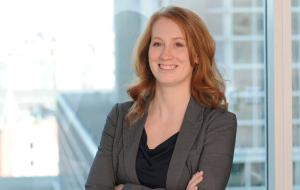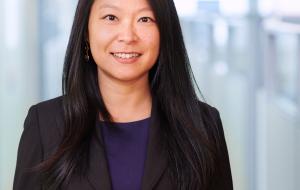WORKING AT THE FOUNDATION
Working for the International Auditing and Assurance Standards Board (IAASB) and the International Ethics Standards Board for Accountants (IESBA) provides a rich and diverse experience through opportunities to enhance the quality of global audit and ethics standards in the public interest. Staff have the opportunity to develop a global, public-interest oriented perspective on contemporary, real-world issues and significantly contribute to leading-edge standard-setting projects, thereby enhancing international public trust in the audit and accountancy professions.
Working directly with IAASB and IESBA members, staff also have opportunities to engage with senior leaders within the global regulatory and standard-setting communities, governments, investors, preparers, governance, and other international stakeholder groups.
Daily life features working in a dynamic, collaborative, multi-cultural and collegial environment, including fostering relationships with colleagues across both standard-setting boards, as well as the global accountancy community and a wide and diversified range of external stakeholders, and includes opportunities to travel internationally.
Generally, permanent positions are based in New York, USA.
Read employee spotlights on IAASB Senior Manager Isabelle Raiche and IESBA Principal Kam Leung to learn more.
Apply Today
STAFF FELLOW PROGRAM
IAASB and IESBA fellows are seconded to staff from various organizations around the world. They are senior members of the team, working alongside staff, board members and technical advisors and across the audit and accountancy professions.
Fellows may participate in many activities, such as research and information gathering, outreach with many global stakeholder groups, board meetings, and developing non-authoritative guidance.
Learn more about the IFEA Staff Fellows Program and meet some of our current and past Fellows.



